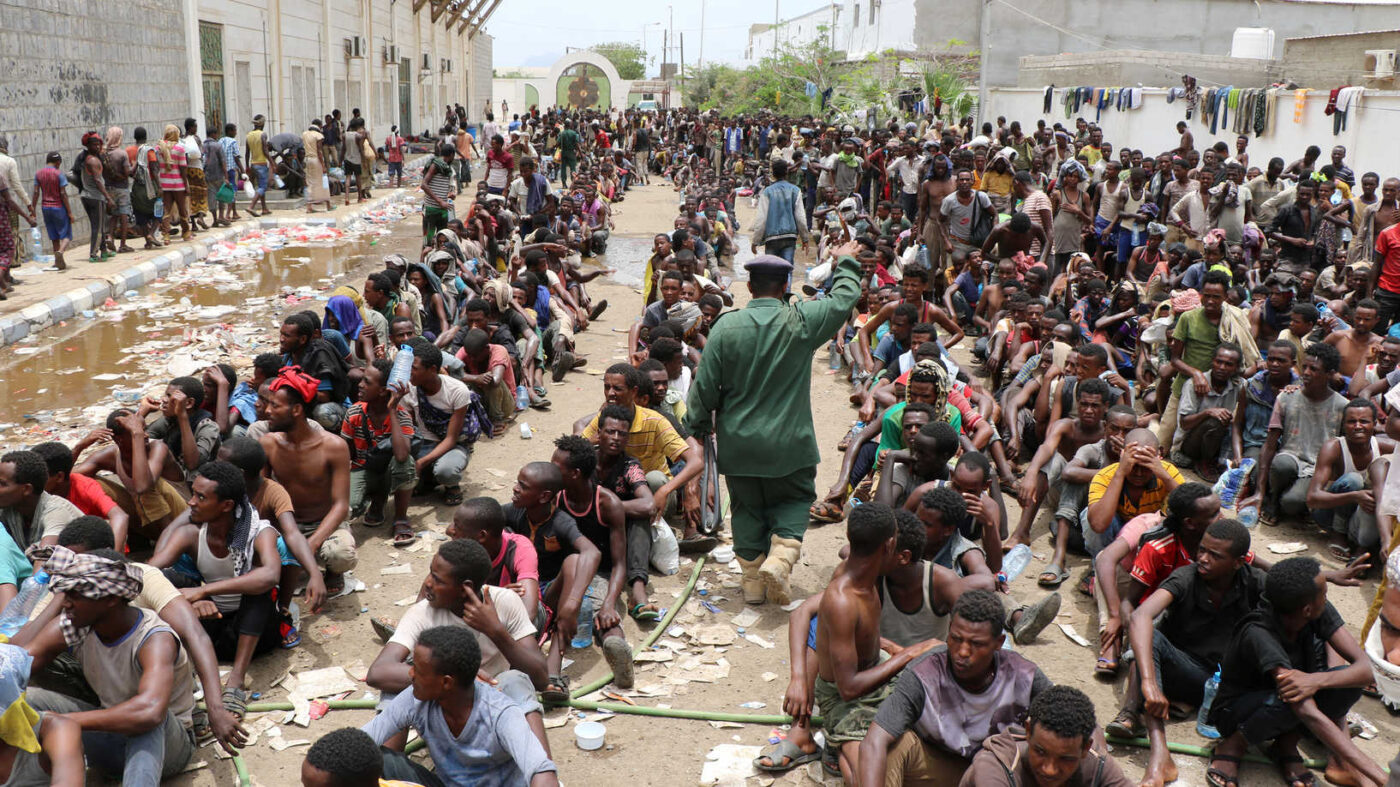Saudi Arabia has recently cracked down on migrants in the Kingdom, resulting in the arrest of 19,662 individuals, all in a matter of a few days; 15,200 of which were foreigners to Saudi soil. From April 24th to May 1st, 12,436 arrests were for residency violations, 4,464 for border security breaches, and 2,762 for labour law infringements.
This crackdown particularly targeted Ethiopian nationals, resulting in the detention and deportation of tens of thousands of migrants under dire conditions. Detainees have reported severe overcrowding, lack of medical care, and inadequate food and water in detention centres. These conditions have led to numerous human rights abuses, including instances of torture and deaths within the facilities.
The situation is compounded by the ongoing conflict and instability in Ethiopia, particularly in regions like Tigray, which has driven many to seek refuge in Saudi Arabia despite the risks involved. Many migrants face exploitation and abuse during their journey through Yemen, often falling victim to human traffickers and smugglers who take advantage of their desperate circumstances.
Here lies a major problem of unequal accountability, in which the migrants predominantly face the brunt of the law, the inhumane detention and abuse endured in Saudi detention centres. The legal loophole of the Kafala system- Saudi’s labour law- allows employers to hire undocumented workers without facing stringent penalties, thus perpetuating the cycle of exploitation.
Furthermore, by deporting these migrants, Saudi Arabia exposes them to even more potential human rights abuses, with severe issues of reintegration upon their return to Ethiopia, such as isolation and unemployment.
The Saudi government has been conducting these operations as part of a broader initiative that began years ago to manage the large population of undocumented workers in the country. However, the recent crackdown has drawn significant criticism from human rights organisations, which have highlighted the inhumane treatment of detainees and called for urgent reforms.
Not to mention the tragic mass killings of hundreds of Ethiopians at the Yemen-Saudi border between March 2022 and June 2023, considered by NGOs as crimes against humanity.
Saudi Arabia’s recent crackdown on migrants underscores a grave issue of unjust accountability and human rights abuses: urgent international attention and action are needed to address these systemic issues and protect the rights and dignity of migrant workers.





